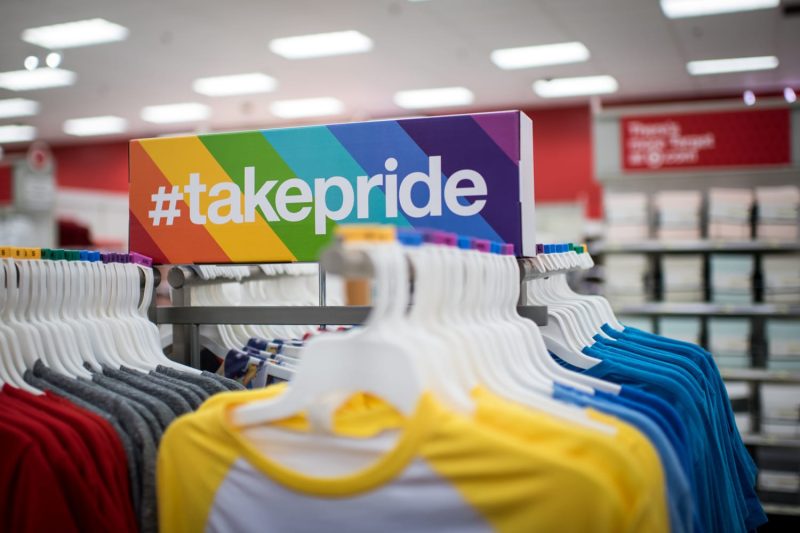The article explores the evolution of the Corporate Equality Index (CEI), an influential benchmark for LGBTQ+ workplace equality, and its recent transformation into a political battleground amidst the rise of conservative opposition to ‘woke’ corporate activism. The CEI, initially created by the Human Rights Campaign (HRC) in 2002, sought to gauge and promote LGBTQ+ inclusivity in companies. Over the years, it garnered support from large corporations seeking to bolster their progressive reputation and attract diverse talent.
Initially, the CEI was widely embraced by major corporations eager to demonstrate their commitment to LGBTQ+ rights. Companies actively sought to improve their rankings on the CEI by implementing inclusive policies and practices. The index provided a tangible benchmark and incentivized corporations to enhance their workplace environments for LGBTQ+ employees.
However, as the concept of corporate social responsibility evolved, so did the scrutiny surrounding the CEI. The rise of conservative backlash against progressive ideals intensified, leading to a reevaluation of the index by some businesses. The increasing polarization of political ideologies prompted companies to navigate a delicate balance between advocating for diversity and inclusivity while avoiding association with ‘woke’ culture, which has become a pejorative term used to describe progressive and politically correct tendencies.
The article highlights how once-prominent companies that were once eager participants in the CEI have come under fire for their perceived alignment with ‘woke’ values. Corporate backlash from conservative critics has forced some organizations to reassess their approach to social activism and diversity initiatives. The backlash raises questions about the intersection of business, politics, and social responsibility in an increasingly polarized environment.
Amidst this backdrop, the CEI’s evolution signals a larger shift in corporate culture and the challenges companies face in navigating contentious social issues. As businesses grapple with the demands of diverse stakeholders, including employees, customers, and shareholders, the balance between progressive values and conservative pushback becomes increasingly precarious.
In conclusion, the article underscores the complex interplay between corporate activism, political ideologies, and societal expectations in shaping the landscape of LGBTQ+ workplace equality. The journey of the CEI from a celebrated benchmark for inclusivity to a lightning rod for political controversy reflects broader tensions within the corporate world as it grapples with the challenges of addressing social issues in a divisive climate. As companies navigate this turbulent terrain, the future of LGBTQ+ workplace equality and corporate social responsibility remains deeply intertwined with the evolving dynamics of social and political discourse.
